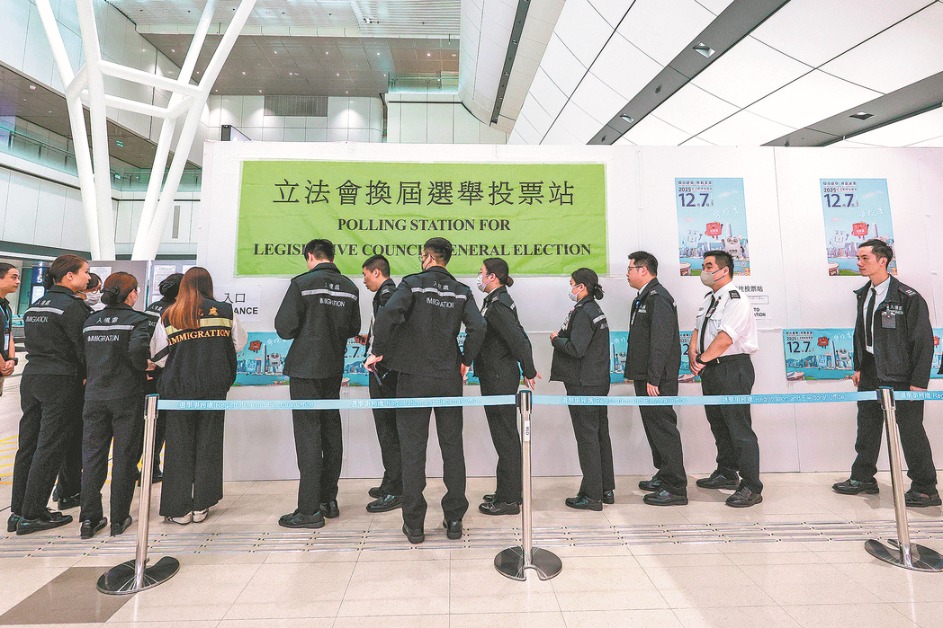Agencies use tricks to fuel Weibo trends
By Li Lei and Ouyang Shijia | China Daily | Updated: 2018-01-12 07:26
PG One fans' attack on Party magazine leads to criticism from web watchdog
Shanghai's internet watchdog has criticized agencies that offer to manipulate rankings on Sina Weibo to create "hot topics", after a mix-up involving hip-hop fans and a Party magazine.
In an article released via WeChat on Wednesday, the city cyberspace authority warned of the risks of using money to twist public opinion and accused Sina Weibo of failing to deal with the problem.
It comes after the term "Ziguangge uses recycled oil" began trending on the social media platform this week.
Fans of the Chinese rapper PG One were believed to have pushed the term in revenge after Ziguangge, a respected Party magazine, and other media outlets criticized the performer for his lyrics about women and drugs.
However, many fans mistakenly thought Ziguangge was a restaurant chain, so created a term that accused it of using recycled oil in the hope of affecting its business.
According to the internet watchdog's article, advertising and public relations agencies are helping clients get topics trending online, mostly for commercial reasons.
These agencies will pay popular Sina Weibo accounts to sensationalize a topic and attract more users to comment and repost it until the topic makes the Hot List, a ranking of the most talked-about hashtags.
To make it into the top three costs 50,000 to 60,000 yuan ($7,700 to $9,200), while a place in the top 20 costs 35,000 to 45,000 yuan, the article said.
On Tuesday, Sina Weibo released a statement that also condemned the practice, but it denied claims that "Ziguangge uses recycled oil" had made the Hot List, insisting the topic appeared only on a minor list of trending items.
The statement said about 50,000 accounts searched for the topic, but only 3 percent were followers of PG One, while more than 20 percent followed Ziguangge, suggesting the term's popularity was not fueled by vindictive hip-hop fans.
Sponsored topics that make the Hot List are clearly marked with a blue square, the company added.
"The ranking system tries to distinguish between manipulation and real hot issues by analyzing search behavior and user distribution, but this is not enough to eradicate the practice," Sina Weibo said.
Wang Sixin, a professor of internet law at the Communication University of China, said manipulating hot topics on Sina Weibo is illegal under existing regulations and is punishable by a fine of up to 30,000 yuan.
"The practice misleads public opinion and causes problems in terms of supervision," he said. "The platform should strengthen supervision and not evade responsibility."
Contact the writers at lilei@chinadaily.com.cn
























